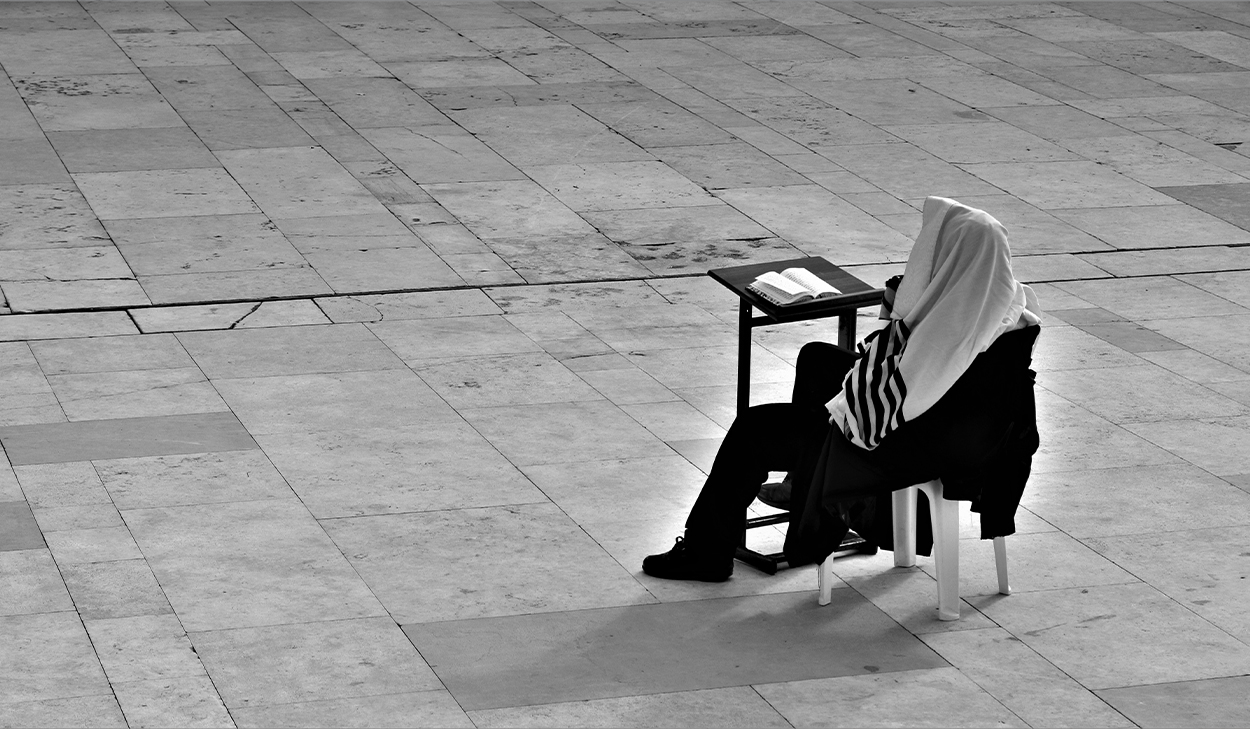
As the seasons change from summer to fall, Jews commence a celebration of new beginnings.
Rosh Hashanah commemorates the Jewish new year and a call to repentance. It is followed 10 days later by Yom Kippur, also known as the Day of Atonement. These are two of the Jewish High Holidays, and they are also an opportunity to share Jesus with Jewish friends.
Rosh Hashanah and Yom Kippur
Meaning “head of the year,” Rosh Hashanah celebrates the creation of the world and humanity and usually begins in September or October. The two-day holiday also marks the beginning of a 10-day period known as Yamim Nora’im, which means “Days of Awe” or “High Holidays.” These Days of Awe are a period of introspection where Jews reflect on their sins from the past year. This 10-day period culminates on Yom Kippur.
According to tradition, God is said to open the Books of Life and Death on Rosh Hashanah and close them on Yom Kippur, sealing a person’s destiny for the next year. During the Days of Awe, Jews focus on repentance and charity in hopes that God will write their names in the Book of Life. A call to repentance is signified by the sounding of the shofar, an instrument made from a ram’s horn.
Challah, a round bread with raisins, is traditionally eaten at Rosh Hashanah feasts. The roundness of challah represents the eternal life cycle or God’s crown. Challah and fruit is often dipped in honey to symbolize the hopes for a sweet new year.
The feasts and sweetness of Rosh Hashanah contrast the solemn tone of Yom Kippur. Yom Kippur is marked by fasting and abstaining from certain activities, such as bathing, applying lotions or creams, wearing leather, and engaging in sexual relations. Many Jews wear white on this holiday to symbolize purity. Jews attend several synagogue services throughout the day, and then end Yom Kippur with a celebration and feast.
Gospel opportunity
Rosh Hashanah, Yom Kippur, and the Days of Awe focus on repenting from the past year’s sins in order to have your name written in the Book of Life. Many Jews prioritize good deeds and charity work to overshadow their sins.
God certainly values good works (James 2:17) and repentance (Romans 2:4). He desires people to live lives free from the pain and consequences of sin.
But good deeds alone are not enough to ensure a person’s name will be written in the Book of Life. People are only saved by grace through faith, and good works are designed to come as a result of salvation.
“But because of his great love for us, God, who is rich in mercy, made us alive with Christ even when we were dead in transgressions … For it is by grace you have been saved, through faith—and this is not from yourselves, it is the gift of God— not by works, so that no one can boast. For we are God’s handiwork, created in Christ Jesus to do good works, which God prepared in advance for us to do.” -Ephesians 2:4-5a, 8-10
No one can earn salvation. It is a gift received when a person accepts Jesus as the propitiation for sins.
“If you declare with your mouth, ‘Jesus is Lord,’ and believe in your heart that God raised him from the dead, you will be saved.” -Romans 10:9
Jewish friends do not have to strive to receive acceptance from God; they only need to trust in Jesus. So, if you run into Jewish brothers and sisters this next Rosh Hashanah or Yom Kippur, ask them what these holidays mean to them. Then, ask them if you can share why you have hope for eternal salvation in Jesus.
Click here to learn more about sharing the gospel with Jews.